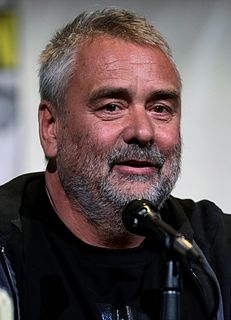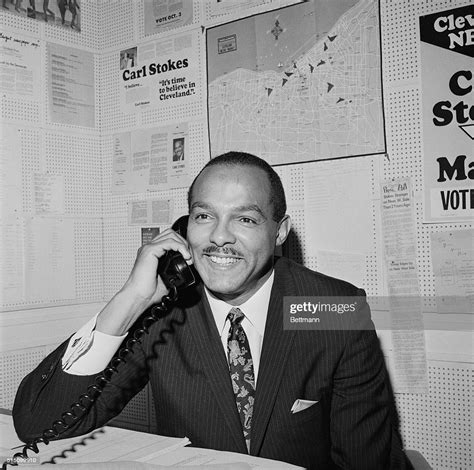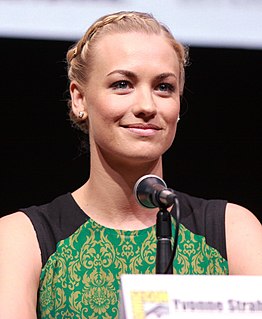A Quote by Andrew Sean Greer
You write three pages over six hours, and you don't feel like you've gotten anywhere, but if you've done a beautiful metaphor or a lovely sentence, or you finally got to some moment you wanted, then that's worth it. Then you can close your computer and get a little relief.
Related Quotes
But sometimes when I was starting a new story and I could not get it going, I would sit in front of the fire and squeeze the peel of the little oranges into the edge of the flame and watch the sputter of blue that they made. I would stand and look out over the roofs of Paris and think, 'Do not worry. You have always written before and you will write now. All you have to do is write one true sentence. Write the truest sentence that you know.' So finally I would write one true sentence, and then go on from there.
I'm so used to artists saying to me, "Listen, I'm going to have five pages done next week," and then three weeks later I'm phoning them, begging them for two pages. And Stuart [Immonen]is a guy who will promise you five pages and deliver six pages, and the six pages are even better than you could have ever imagined.
I turn sentences around. That's my life. I write a sentence and then I turn it around. Then I look at it and I turn it around again. Then I have lunch. Then I come back in and write another sentence. Then I have tea and turn the new sentence around. Then I read the two sentences over and turn them both around. Then I lie down on my sofa and think. Then I get up and throw them out and start from the beginning.
I'm over smoking. You know, I feel like I've gone on long hikes and gotten to the top of the mountain and I'm looking at something beautiful, some great huge landscape, and there's some of the cleanest air that's on the planet. And then I light up, and say, "Ahh, what a great smoking moment this is!" So it's something evil that's taken over, and I want control over it.
I saw Cara Delevingne like five, six times. And I was never talking about the film [Valerian]. And then at the end, I say okay, let's do some test. She says yeah, yeah, good. So I took her in the room, and I test her for like six hours non-stop. Exercise, exercise, exercise for six hours. It was actually funny. And then I knew at the end of the six hours.
A typical workday for me is getting up at about 5:00, 5:15 in the morning, getting some coffee or tea as quickly as possible, and then getting to my desk. And ideally, I'll start writing around 5:30, 5:45, and I'll write for three, four hours, and then I'll take a break, and read over what I write. Maybe about lunchtime, I'll go exercise or get out into the day. Then I'll either read over what I wrote the day before and quit work around 3:00 or 4:00 in the afternoon and spend some time with my kids.
I think people overplay the 'Saturday Night Live' schedule. I mean, yeah, it can be some late hours. But the late hours are usually only one or two nights out of the week. You might have a crazy six-day week, but you'll work three weeks, and then you get a week off work. I'd take most jobs if it was hard work and then I got a week off.
I write first drafts feverishly fast, and then I spend years editing. It's not that sentence-by-sentence perfectionist technique some writers I admire use. I need to see the thing, in some form, and then work with it over and over and over until it makes sense to me - until its concerns approach me, until its themes come to my attention. At that editing stage, the story picks itself and it's just up to me to see it, to find it. If I've done a good job, what it all means will force me to confront it in further edits.
AND THEN SOME... these three little words are the secret to success. People that follow this are thoughtful of others; considerate and kind...and then some. They are good friends and neighbors...and then some. I am thankful for people like this, for they make the world a better place. Their spirit of service is summed up in these three little words...AND THEN SOME.
It's hard to tell if I've had writer's block because it seems to me that it's when nothing comes, but, you know, every day you stare at that computer screen, and I think, 'It's never going to happen today. How can I write three pages?' And the hours pass, and they haven't shown up, and then at the very end it always happens, so it's willpower.
It's, like, your classic journey from a drama school. I went straight to the three-year acting degree, and I waitressed throughout that to support myself and for the first six months after I graduated. Then I started to get commercials here and there, and then I got a couple of roles in Australia and then a more regular role on a TV series.





































